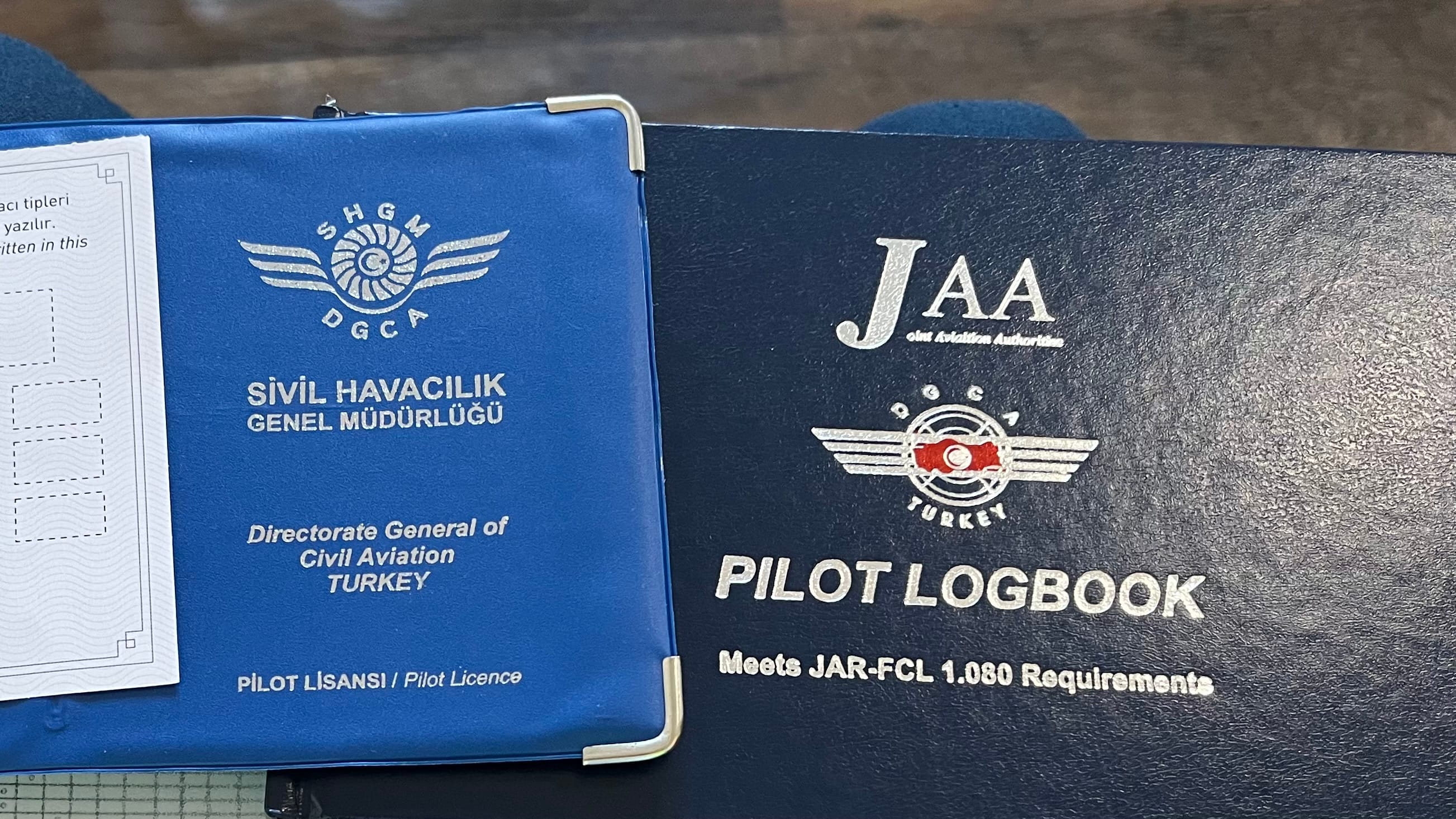
Recognition of Flight Crew Licenses in Turkey
In today’s globalised aviation industry, the ability for pilots to have their licenses recognised across borders is crucial. As airlines expand their operations requiring pilots from abroad and pilots seek career opportunities worldwide, the recognition of flight crew licenses between countries becomes a key factor in ensuring smooth transitions and maintaining high safety standards.
This article explores the license recognition for Turkish-licensed pilots looking to operate abroad, as well as for foreign-licensed pilots seeking recognition in Türkiye.
Multilateral Agreements
Prior to the disbanding of the Joint Aviation Authorities (JAA), flight crew licenses issued by the Turkish Directorate General of Civil Aviation (DGCA) were recognised by all JAA member states, including those within the European Union (EU).
However, with the establishment of the European Union Aviation Safety Agency (EASA), Turkish flight crew licenses are no longer recognised in the EU, Switzerland, Norway, and Iceland—the latter three being members of the European Free Trade Association (EFTA). In a typical diplomatic response, this also means that EASA flight crew licenses are no longer accepted in Turkey.
Recognition of Turkish-licensed Pilots Abroad
If you plan to complete your flight training in Turkey but aim to work as an airline pilot in another country, be prepared for a potentially costly and time-consuming license conversion process. Converting a flight crew license typically involves several steps, including submitting documentation to prove your qualifications, passing written exams, and often undergoing flight checks with the relevant aviation authority in the new country. The specifics of this process can vary widely depending on the agreements between the countries involved and their respective regulatory differences. In the worst-case scenario, you may even be required to undergo flight training again.
One of the main challenges in the license conversion process is the significant time and expense it can entail. Additional training or exams may be necessary, which can be both time-consuming and costly. Furthermore, pilots may encounter bureaucratic obstacles, particularly in countries with more stringent regulatory requirements.
Many airlines outside the EU advertise pilot vacancies for holders of EASA or FAA (US) licenses, often offering assistance with the conversion process, which may be accelerated or simplified for these licenses. However, some airlines also welcome licenses issued by member states of the International Civil Aviation Organization (ICAO). Since all UN countries, including Turkey, are ICAO members (with the exception of Liechtenstein and the Holy See), this theoretically opens opportunities for any licensed pilot.
If an airline does not explicitly state that it accepts ICAO-licensed pilots, it means you would need to complete the conversion process before applying. This carries the risk that, after investing in the lengthy and expensive conversion process, you might not be selected by the airline. However, holding an EASA or FAA license still provides a considerable advantage, given the large number of airlines operating within their jurisdictions.
Recognition of Foreign Licenses in Turkey
For holders of foreign licenses seeking to operate in Turkey, the recognition of their existing flight crew licenses is overseen by the Turkish Directorate General of Civil Aviation (DGCA). The regulations in this area are subject to frequent changes, and the DGCA often makes decisions on a case-by-case basis. I'm not sufficiently familiar to provide complete details.
Some Turkish residents choose to undergo flight training abroad, particularly in countries like the United States or within the European Union. However, with the expiration of the transition period from the Joint Aviation Authorities (JAA) to the European Union Aviation Safety Agency (EASA), the previously simplified conversion process is no longer available. As a result, pilots must now prove their qualifications, retake theoretical exams, and pass check rides to meet Turkish standards. While there have been recent exemptions for individuals who meet specific criteria, including those who completed their training during certain years, it’s generally advisable not to take the process for granted and to prepare for a potentially lengthy conversion.
Concerns have also arisen regarding the quality of flight training in certain locations, such as Hungary, leading to caution from both airlines and authorities in accepting these qualifications.
On the positive side, some Turkish airlines are open to applications from pilots holding EASA and FAA licenses.
